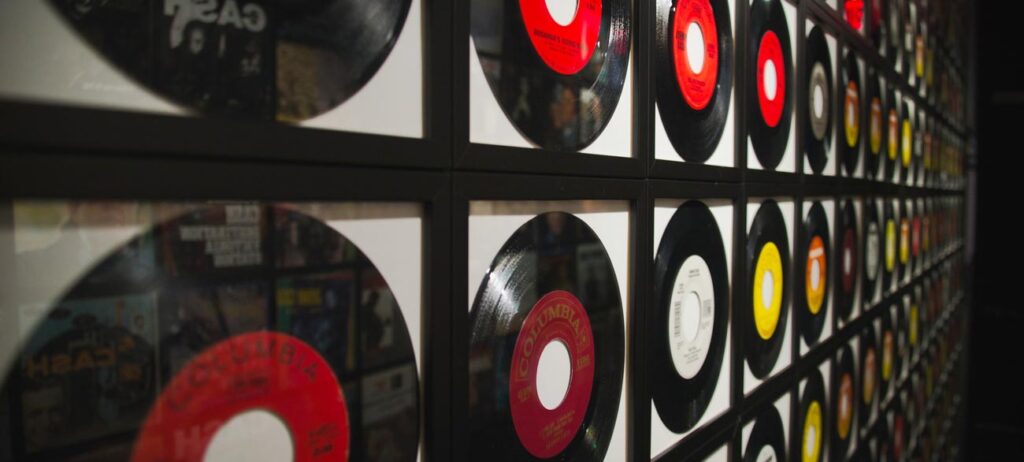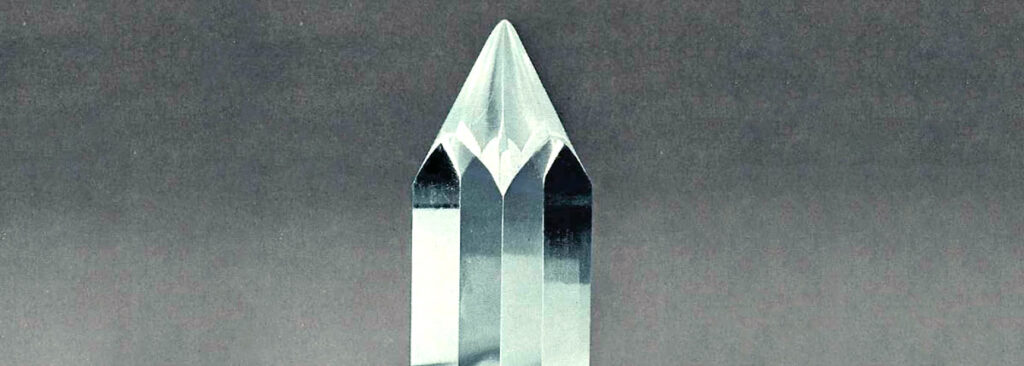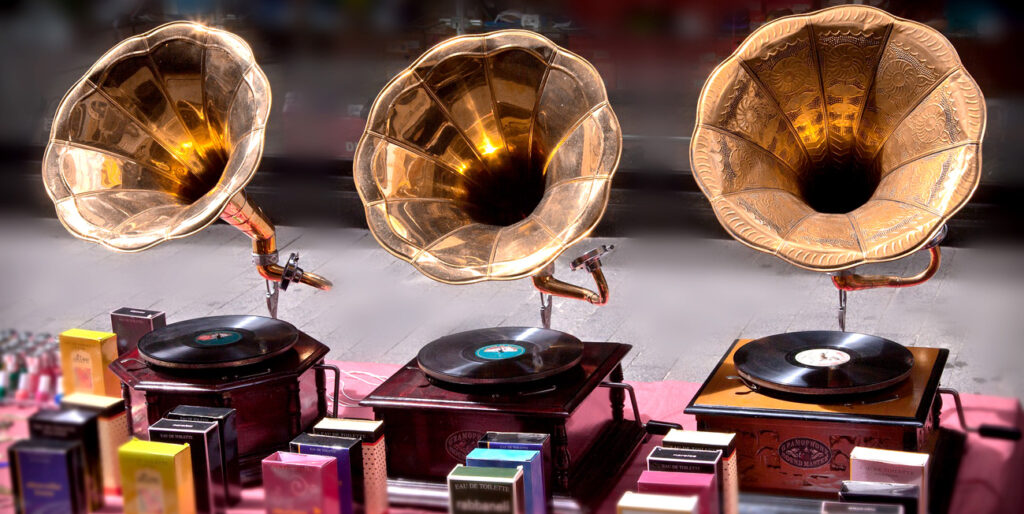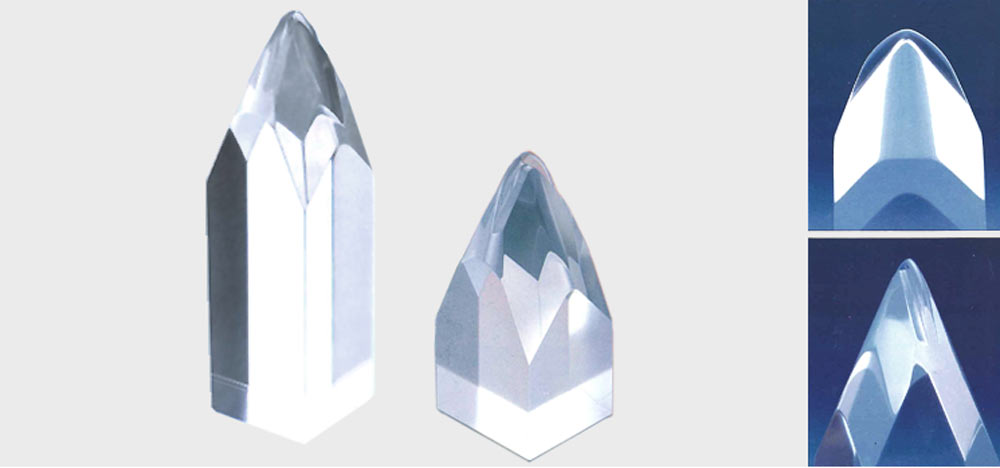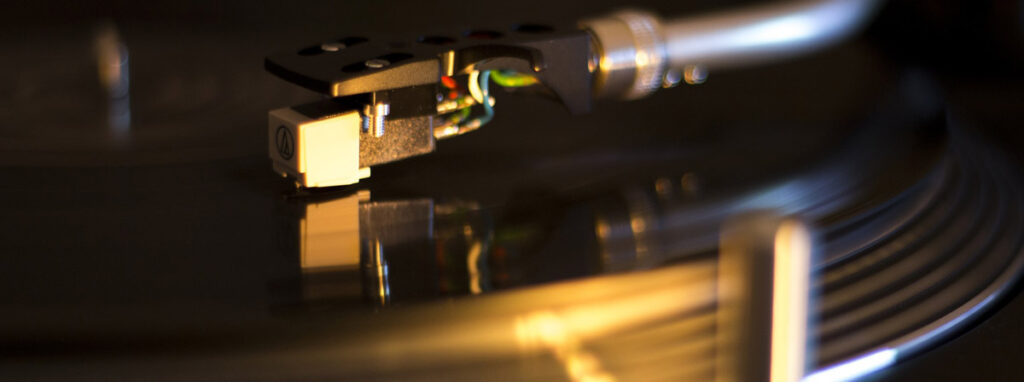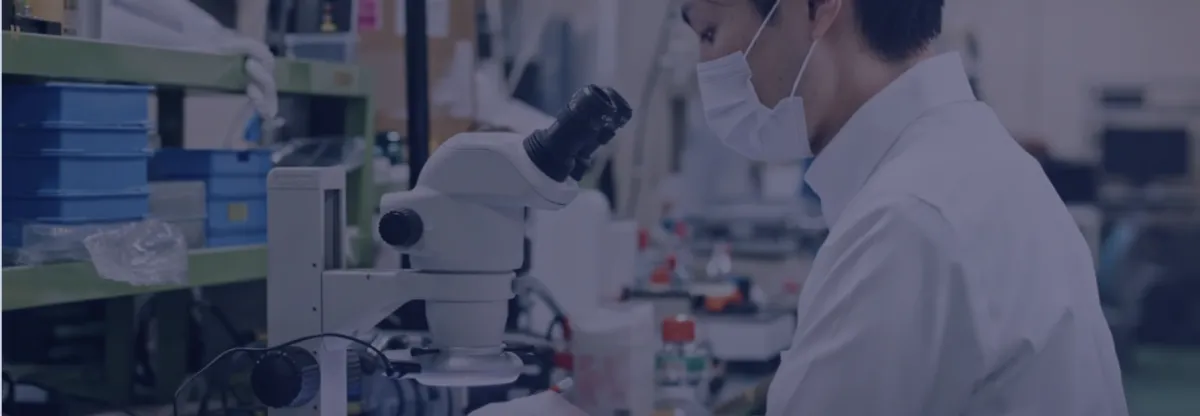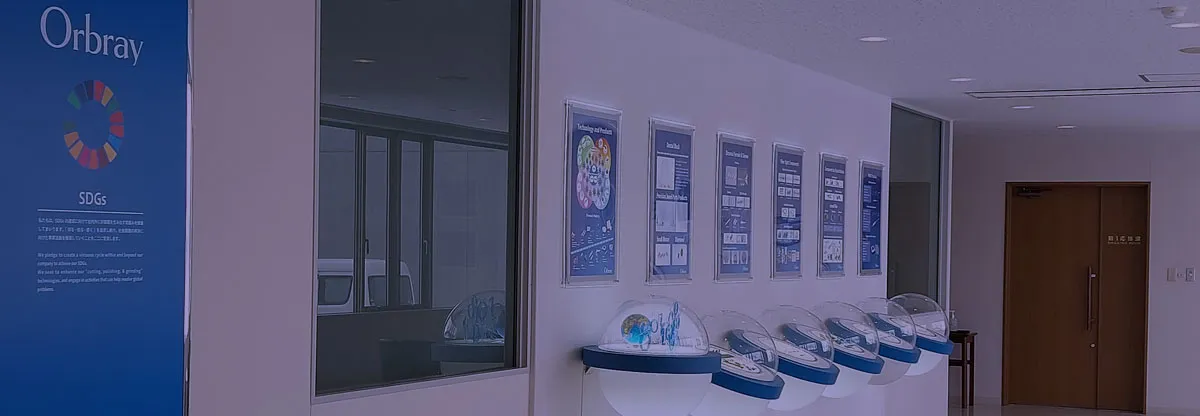Progress of LP Record and Record Stylus
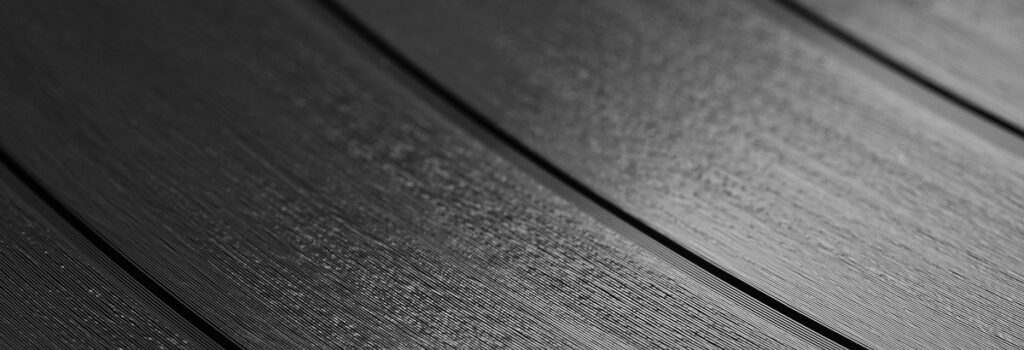
Table of contents [close]
Longer listening came true without changing stylus tip
With the appearance of the LP record, we can enjoy listening longer without changing a record (platter).
The first record was only for 2min. at 70rpmjust onesided.
Getting into the prime stage using Shellac in1900, still for 4 to 5 min. and recording time was
marginal. So, we still had to keep changing a record frequently to listen a symphony.
Engineers at recording companies making an efforts continuously to make playing timer longer, i.e., trying of making groove narrower and reducing the speed slower.
In 1948, the 12-inch (30cm) Long Play (LP) 331/3rpm microgroove record which has 25 min. playing time one sided was introduced by CBS Columbia at last.

In the background of this development, there were some significant progressions such as; The cartridge which were able to track down a precise recorded groove, the improvement of material characteristic of Vinyl chloride which provided with surface smooth and less noise, also an improvement of lacquer platter which gave better SN ratio.
These LP records were more superior comparing to a conventional SP record, better sound quality, improved SN ratio and longer playing.
This LP records were to show the exciting progress later.
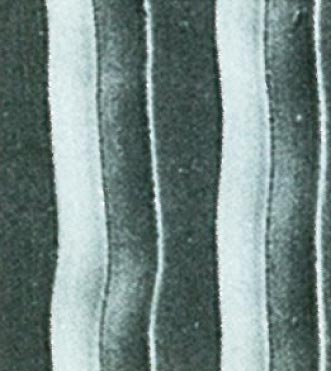
Development of ultimate stylus which can trace precisely recorded groove with light tracking force and longer life
LP record which has a precise groove called “microgroove”.
Let’s check into the number of groove in between SP record and LP record. LP record has 300 grooves per inch whereas SP record has around 100 per inch. You might be surprised that LP record has such a precise groove.
In order to trace such a precise groove, the curvature of stylus tip has to be smaller. As a result, a stylus with small curvature was developed as well as the improvement of LP record. That’s the stylus that it has 1mil in curvature which was shown on fig. Note1.
If stylus is not a thinner enough, the tracking force has to be lighter. (Note 2)
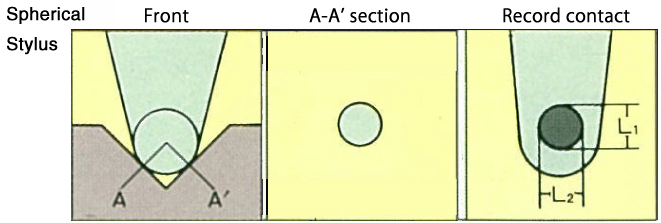
And then the cartridge which has low tracking force was introduced from GE. It’s said that it could traceable with approx.10g. (150g was in average tracking force in 1930, so it was tremendous progress) The material of stylus has to be everlasting one to get along with longer playing with LP record. Therefore, jewelry material was gaining around in terms of hardness and built the foundation of stylus for today.
Note1: 1mil = 24.5 micron Note2: Stylus for SP is 2.5mil
The explanation of the record needle is also available on this page.
Stylus Tip
